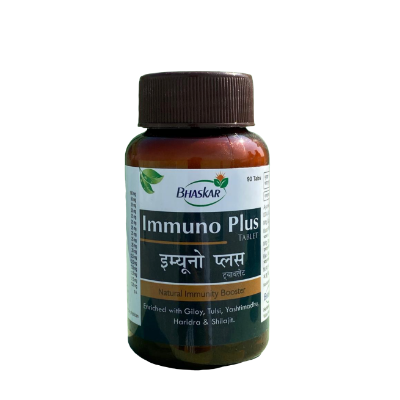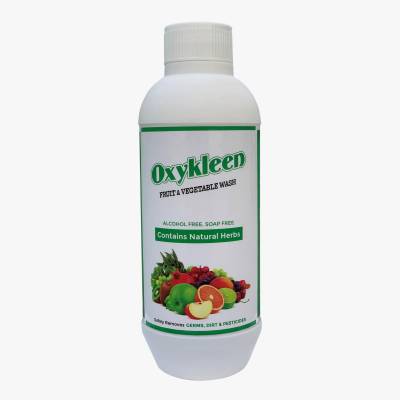Earn rewards with every purchase.
Returning Customer / New Customer
Register
By creating an account on our website you will be able to shop faster, be up to date on an orders status, and keep track of the orders you have previously made.
{{flycartindicator}}
Unit price: {{item.UnitPrice}}
Quantity: {{item.Quantity}}
Your shopping cart is empty. Use the "Add to cart" button to add a product to your cart.
New Products


Mamaearth Mineral Based Sunscreen 100ml
Rs 480.00
Immuno Plus 90 Tablets 'Bottle
Rs 600.00
Sugar Free Gold Sachet 100 No Stock
Rs 216.00
Oxykleen Fruit & Vegetable Wash
Rs 350.00
Brut Roll On 50ml
Rs 280.00
Baby Nappy Cloth 10Pcs 'Packet
Rs 531.00
Rs 590
Mother Sparsh Sun Screen Lotion 100ml
Rs 499.00
Mamaearth Baby Pants Medium M-30
Rs 1599.00
Mamaearth Rose Body Lotion 400ml
Rs 640.00
Mamaearth Rose Face Toner 200ml
Rs 640.00
CeraVe Foaming Facial Cleanser - 473ml
Rs 3200.00
CeraVe Moisturizing Cream 340 grm
Rs 2000.00
CeraVe Moisturizing Cream 453 grm
Rs 3000.00
Mamaearth Retinol Face Serum 30 g
Rs 1280.00
Melao Acne Treatment Cream 30gm
Rs 2000.00
Melao Dark Spot Corrector Serum 30ml
Rs 2200.00
Melao Scar Removal Gel 50gm
Rs 1800.00
 10% Discount on Medicines
10% Discount on Medicines
 Earn Points on Every Purchase*
Earn Points on Every Purchase*
 Delivers within 24 hours*
Delivers within 24 hours*
 Cash on Delivery
Cash on Delivery
 Easy to Return
Easy to Return



















